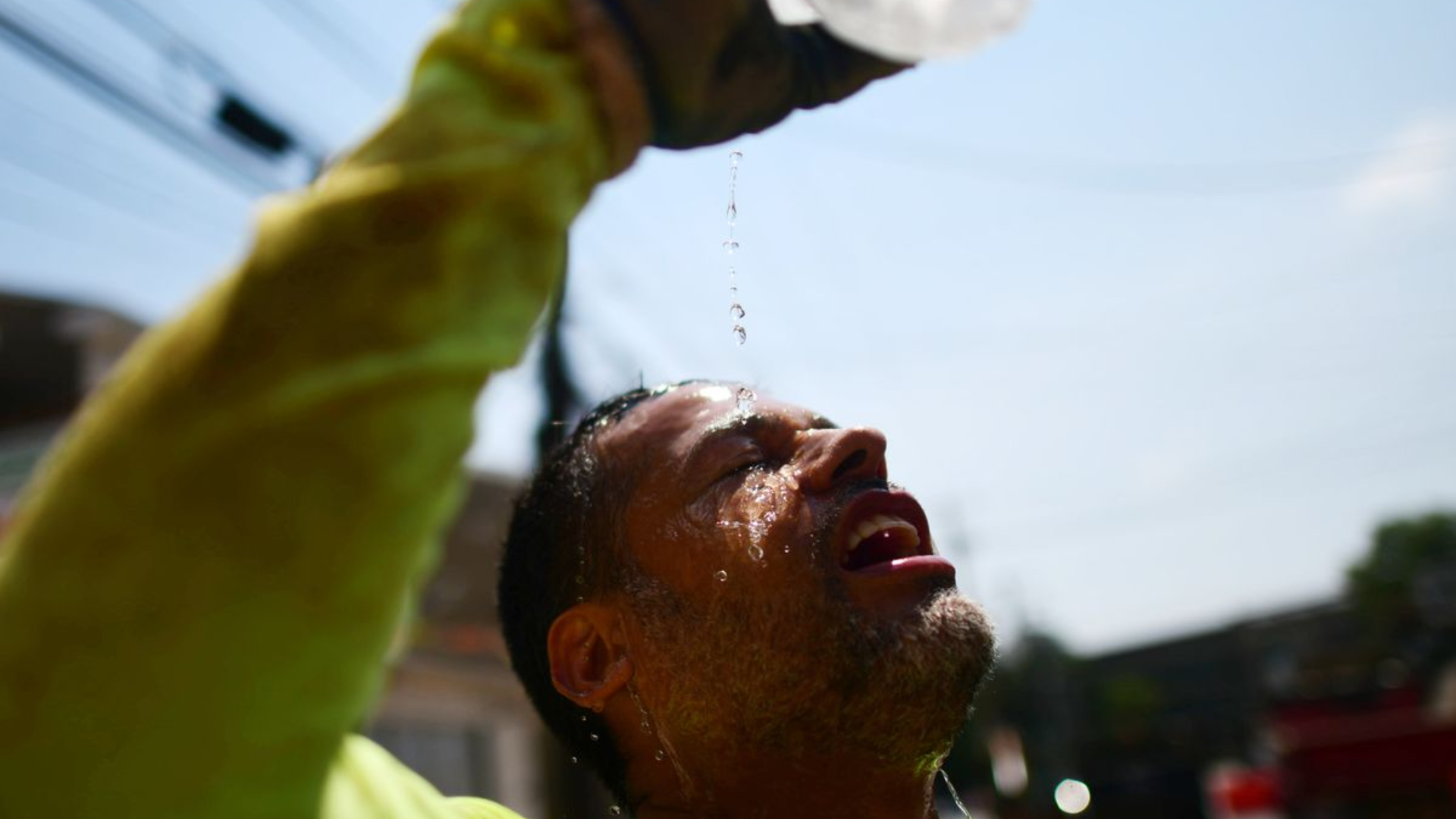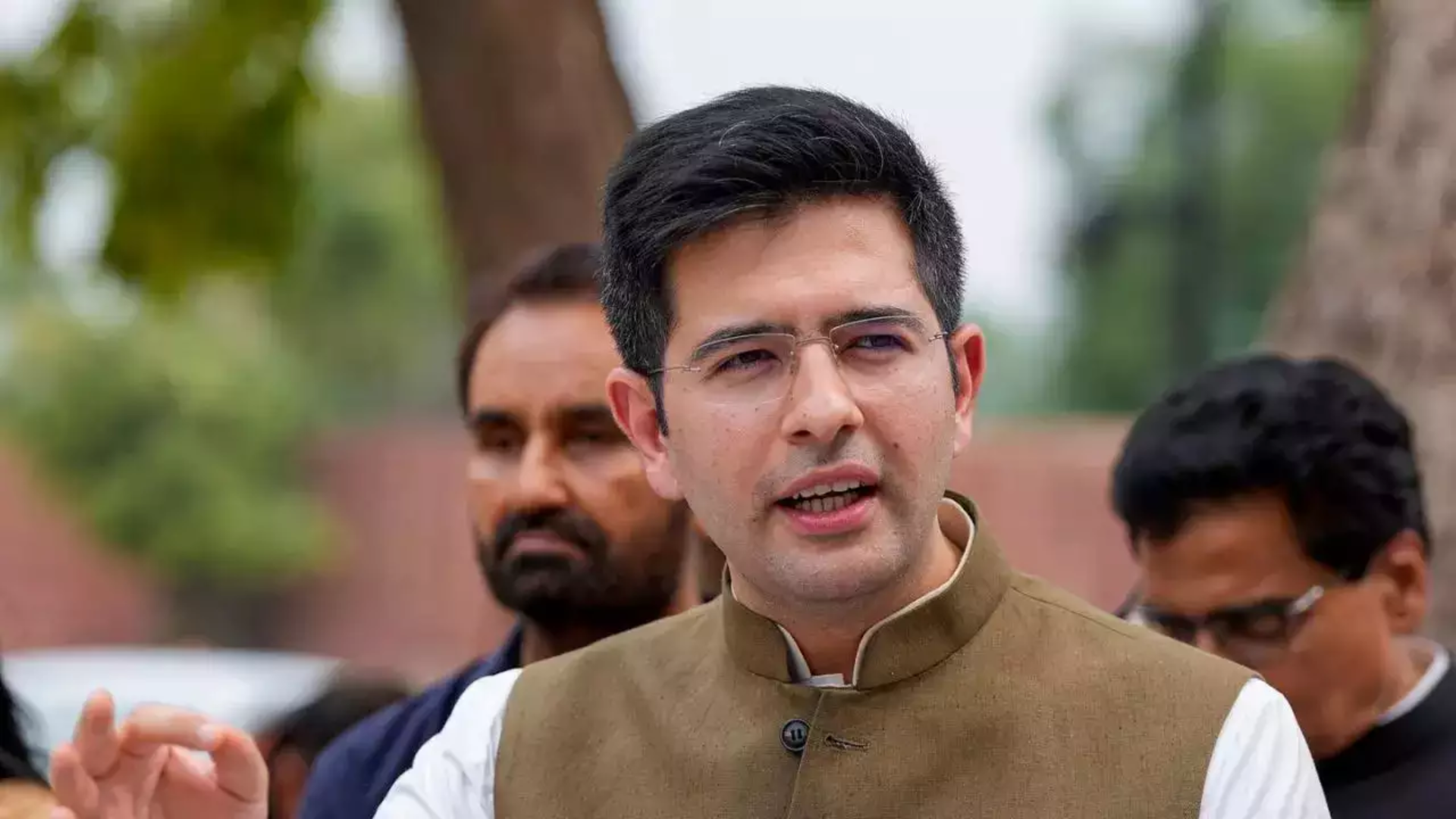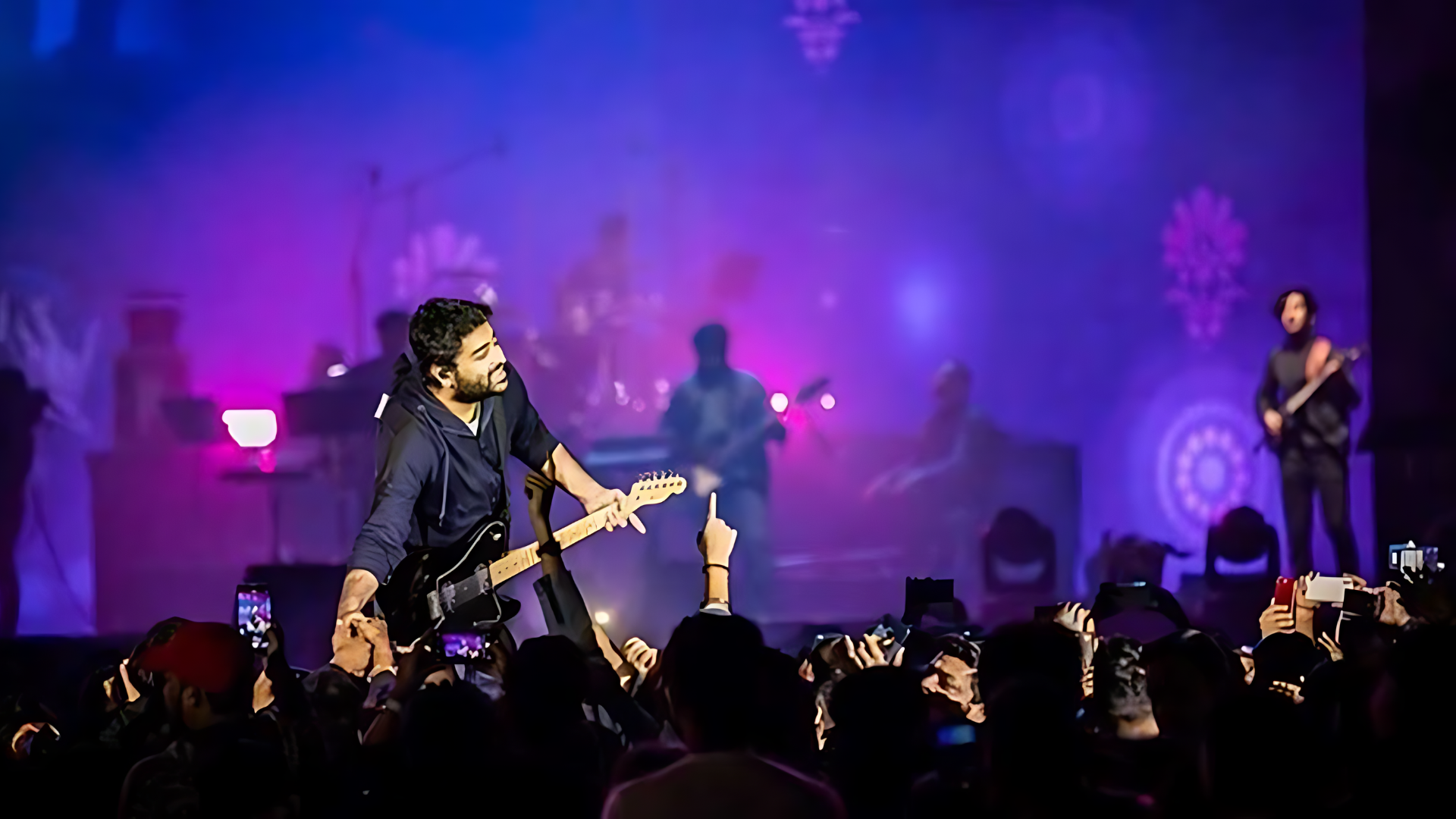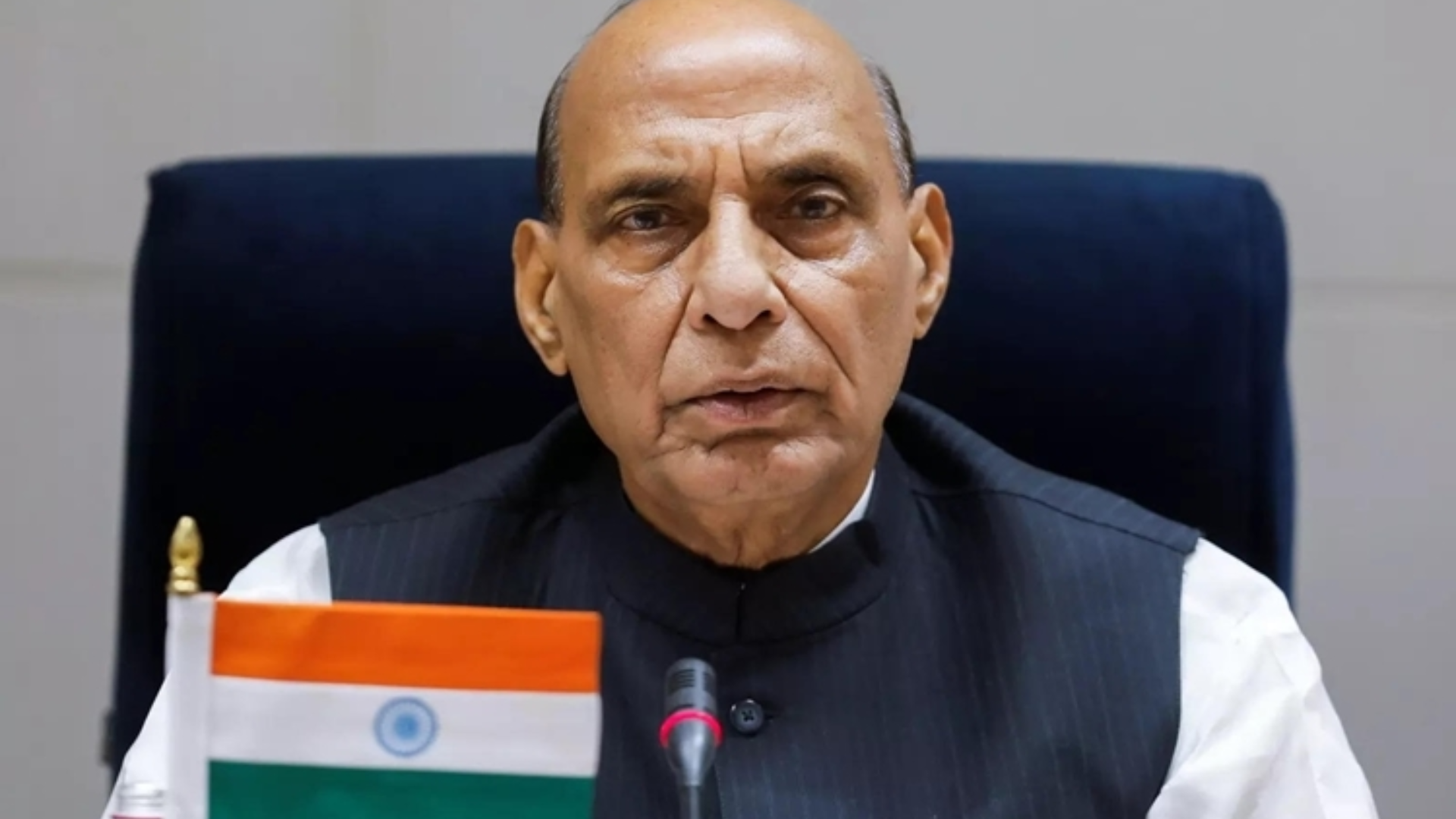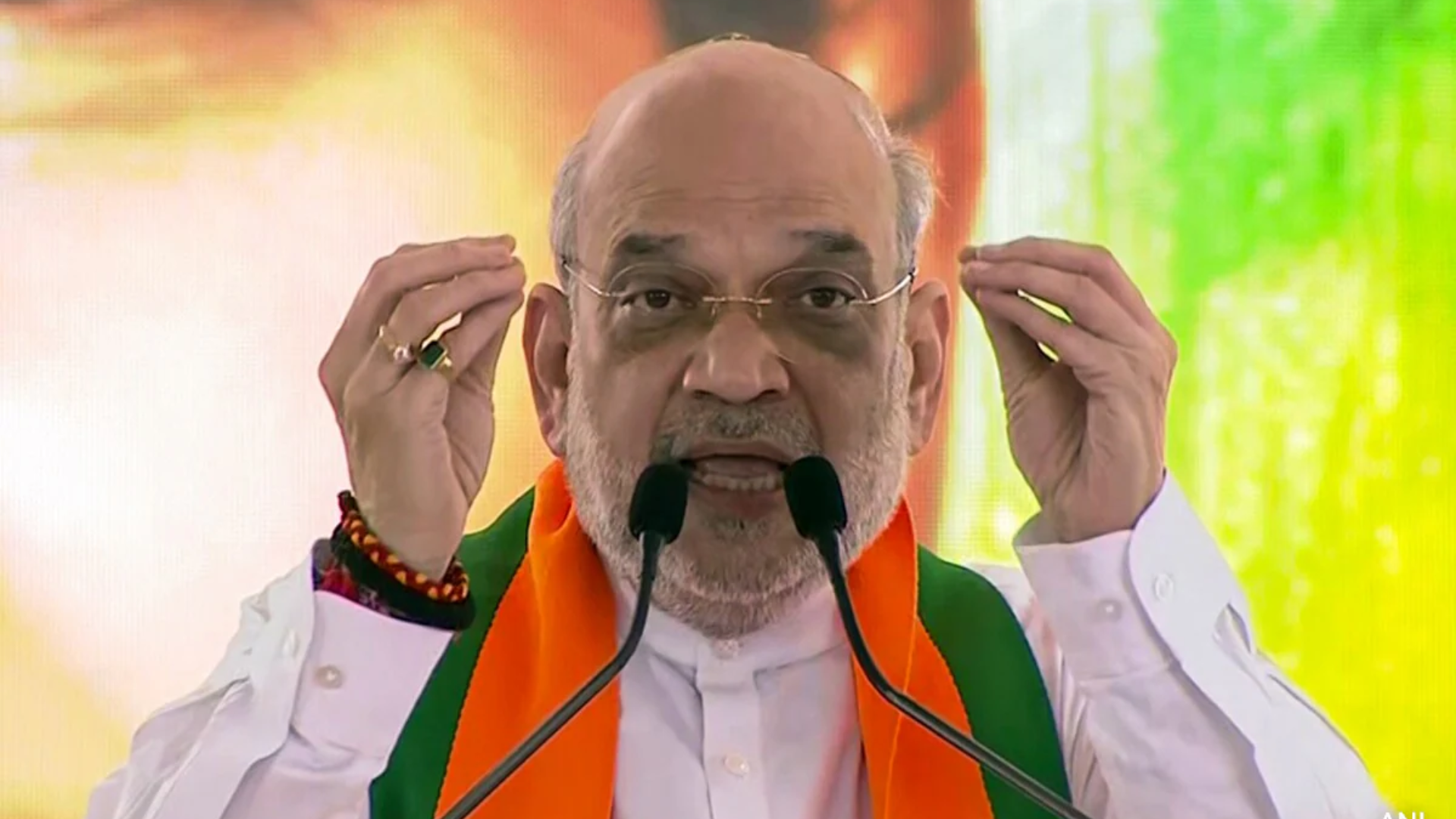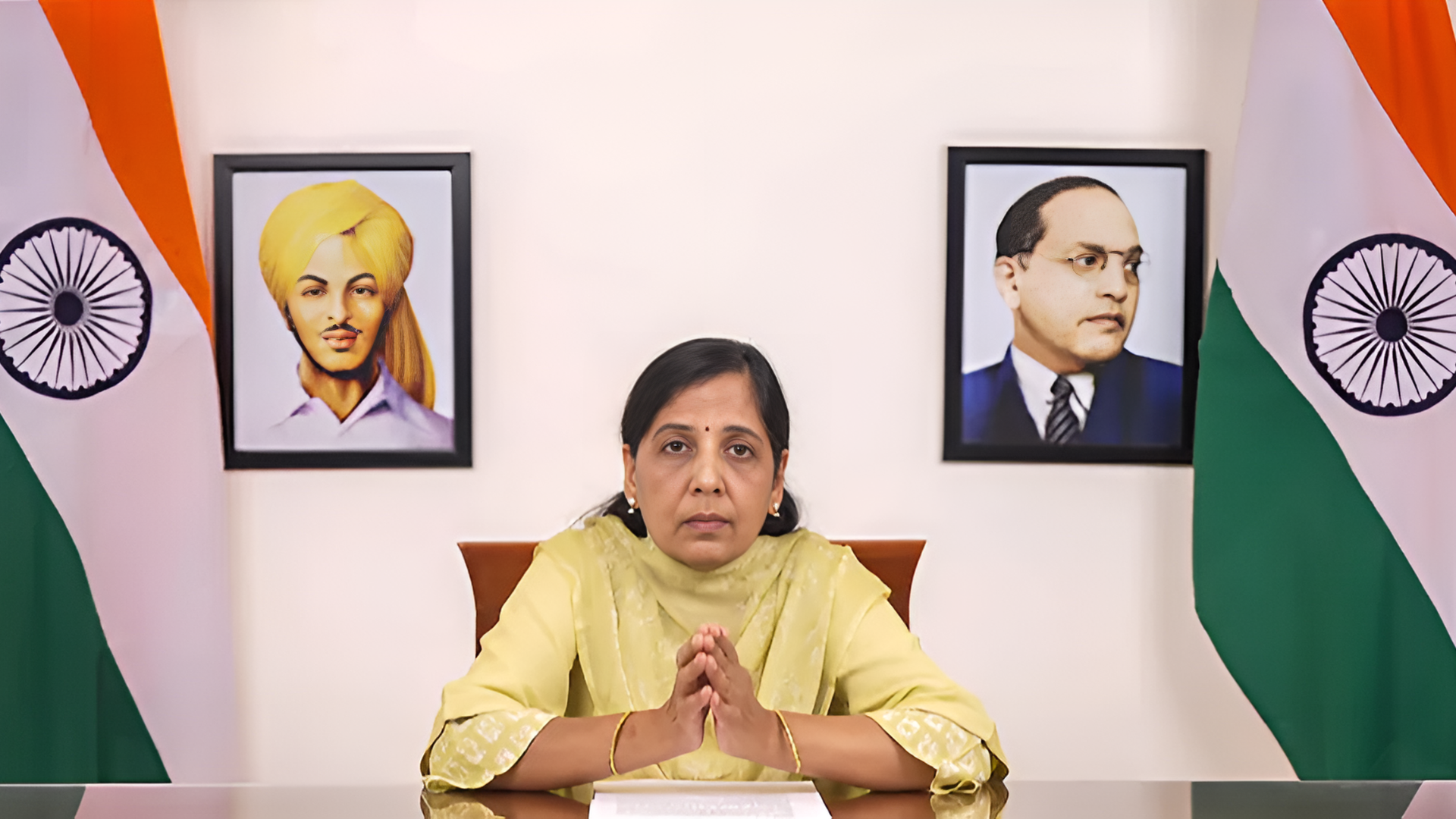



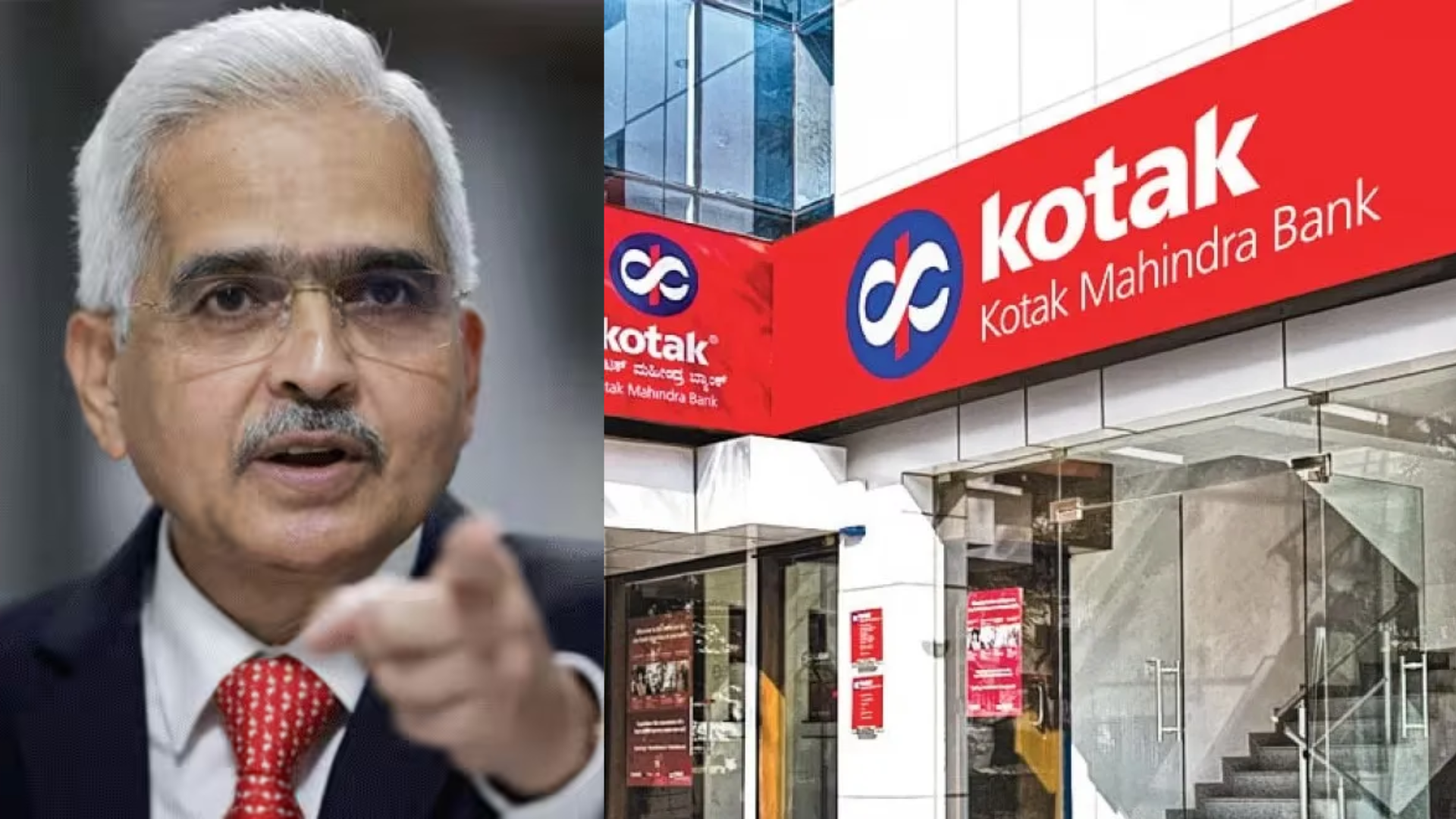
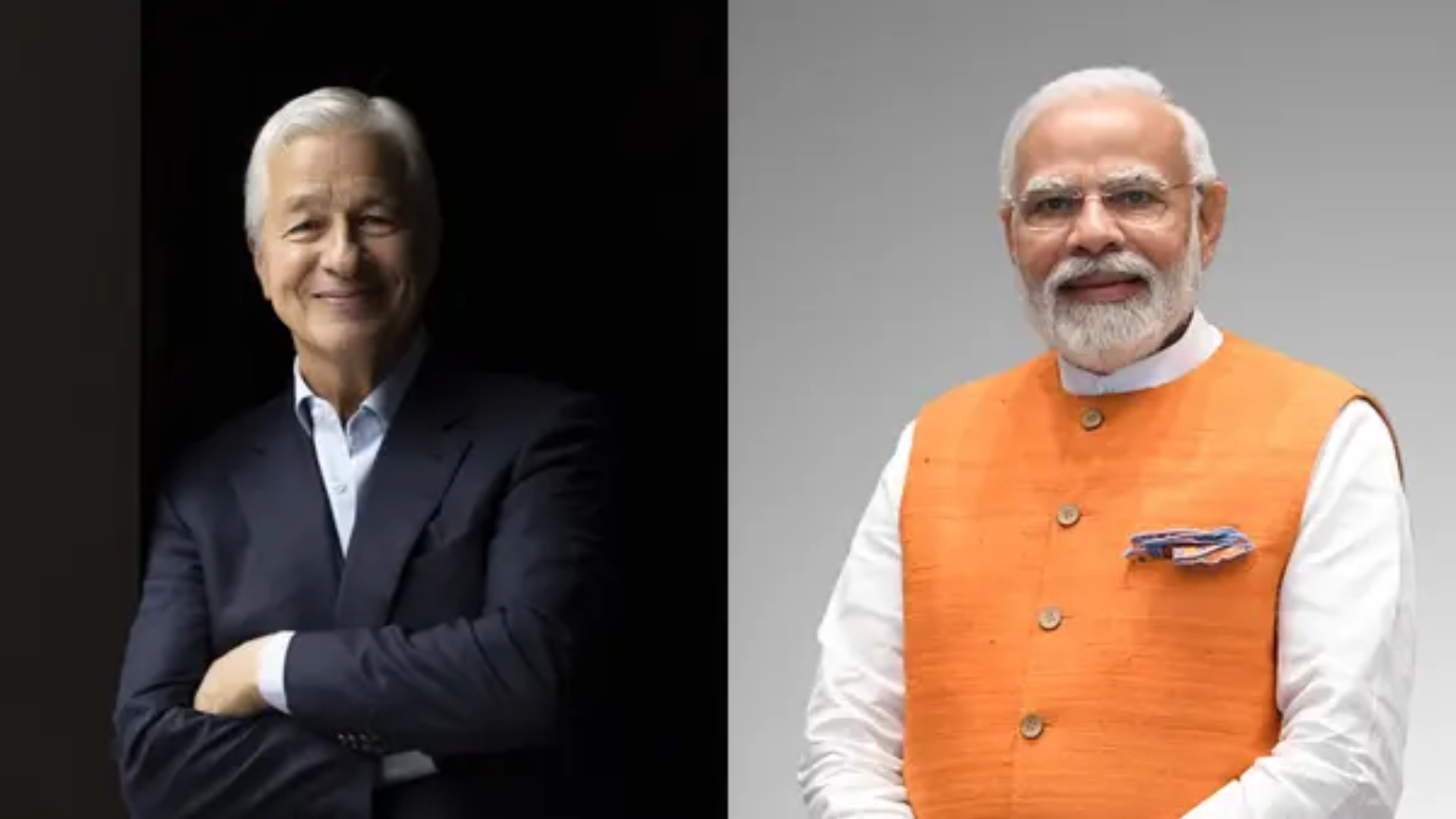
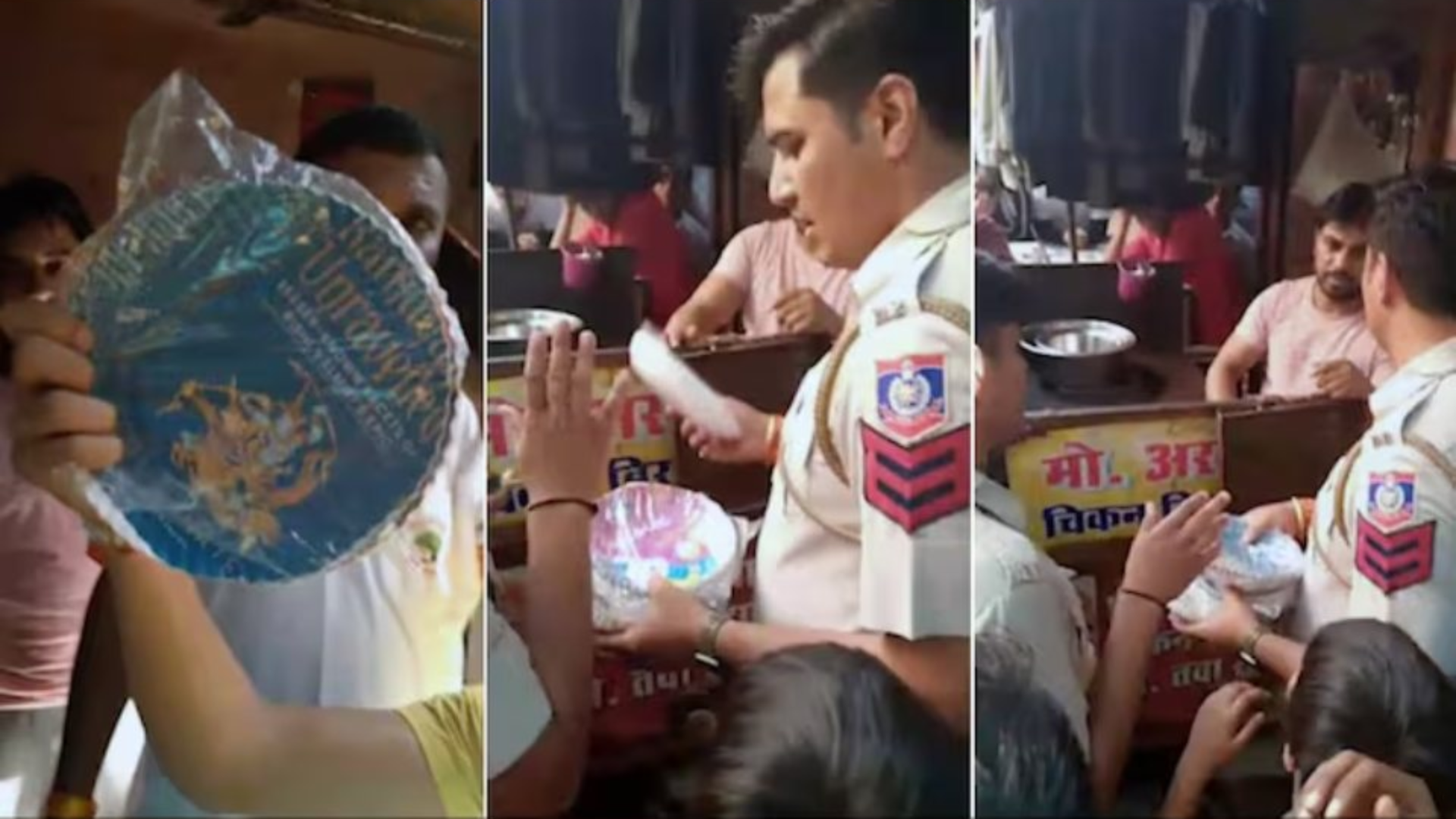
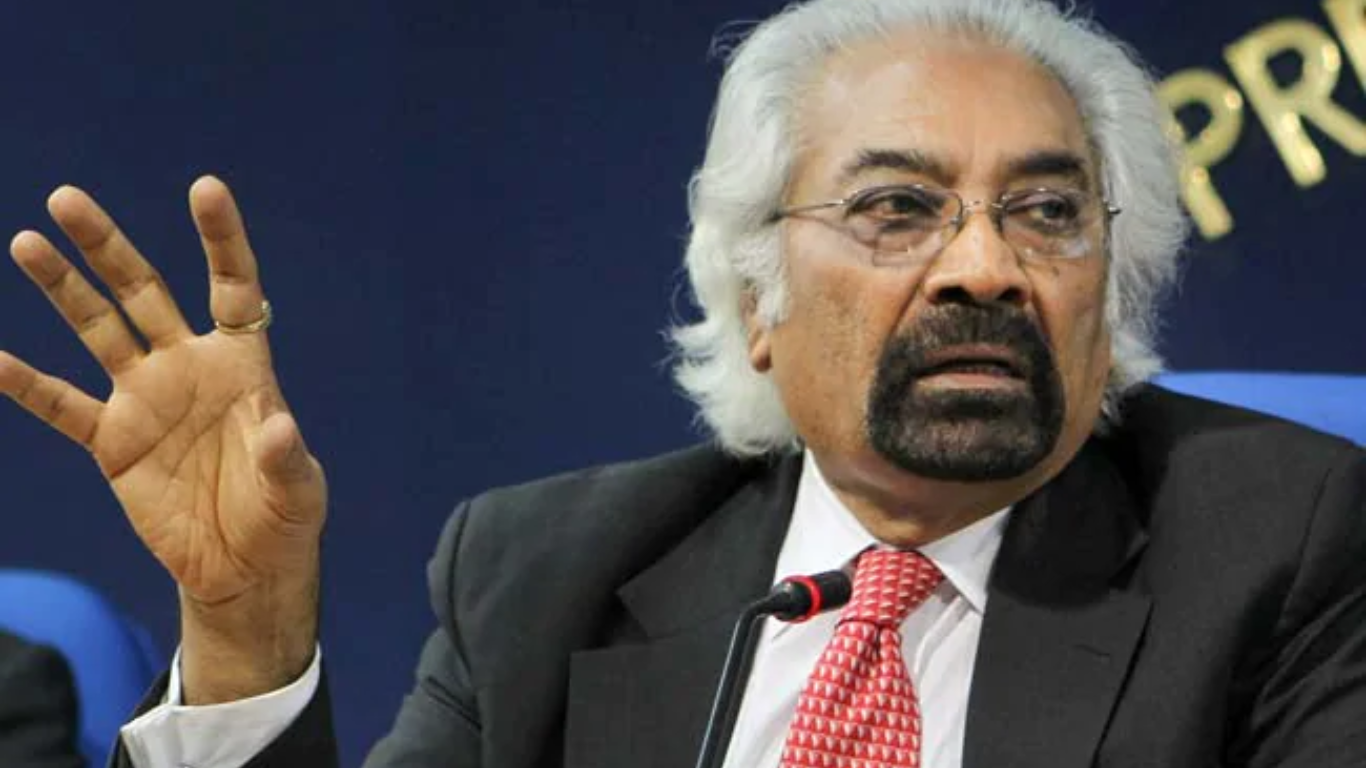

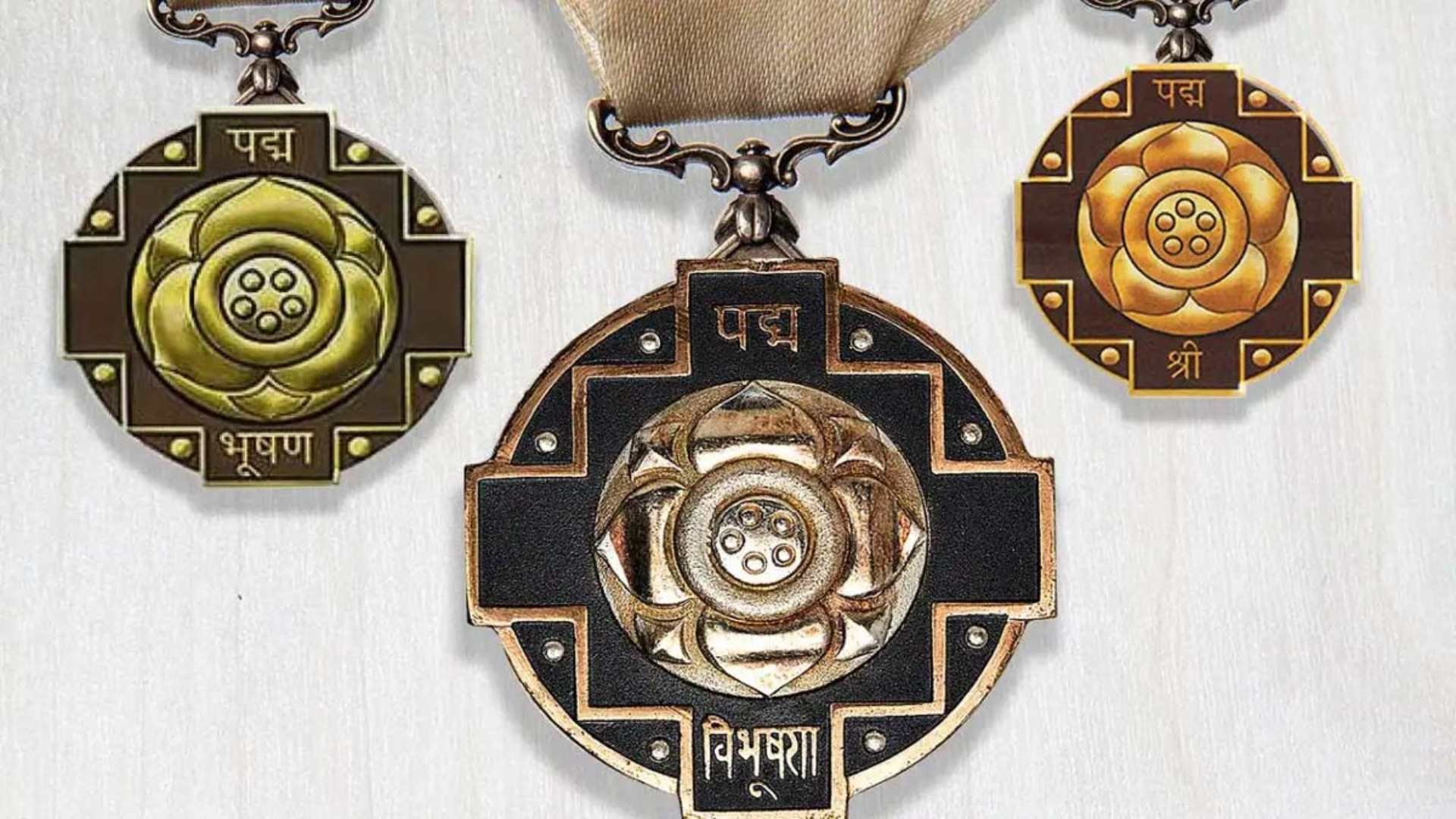
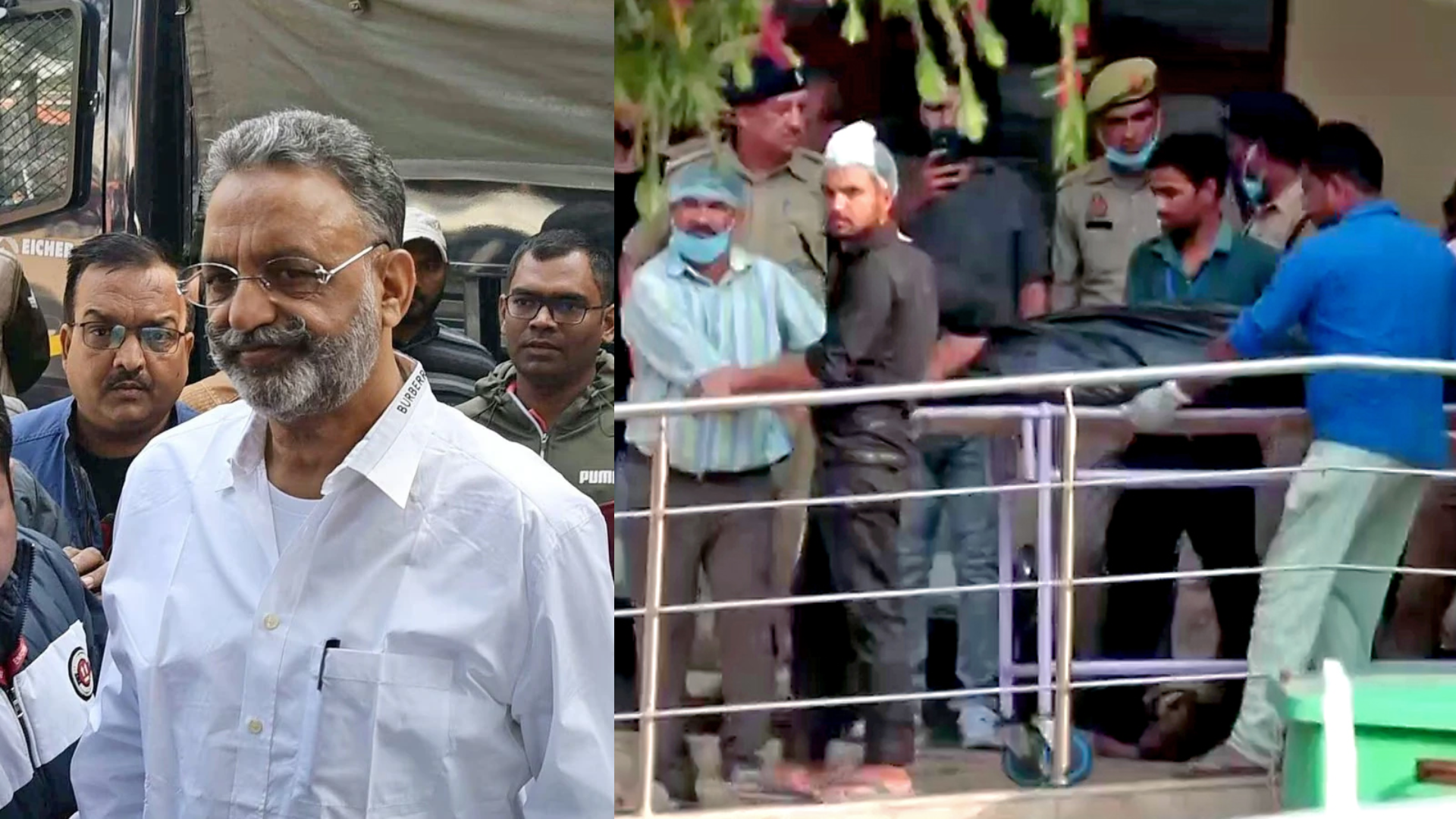
The death of gangster-turned-politician Mukhtar Ansari has stirred controversy and raised suspicions, prompting calls for a thorough investigation into the circumstances surrounding his demise. Ansari, who passed away after suffering a cardiac arrest, was brought to his Ghazipur residence for last rites amid heavy police deployment by the district administration.
According to Mukhtar Ansari’s elder brother, Sibgatullah Ansari, the last rites were postponed to the following day due to a delay in receiving the body. Sibgatullah Ansari urged everyone to pray for his brother and announced that the final rituals would be conducted the next morning.
Earlier, Ansari’s body was transported from Banda to Ghazipur after undergoing post-mortem at Banda Medical College and Hospital. However, concerns regarding the circumstances of his death prompted a call for a magisterial investigation. A three-member team was appointed to conduct a judicial probe into Ansari’s death, with a panel of two doctors tasked to conduct the post-mortem, which would be videographed.
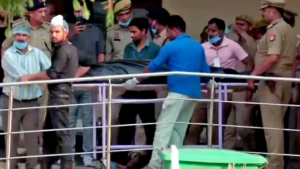
Umar Ansari, Mukhtar Ansari’s son, expressed distrust in the local medical system and government administration, demanding that the post-mortem be conducted by doctors at AIIMS, Delhi. He emphasized the need for a transparent investigation and expressed suspicions that his father’s death may not have been natural, but rather an orchestrated murder.
In an official statement released by the hospital, it was revealed that Ansari was admitted around 8:25 pm on Thursday and received medical attention from a team of nine doctors before succumbing to his condition. However, conflicting reports and allegations from Ansari’s family members have cast doubts on the official narrative.
Sibgatullah Ansari claimed that the administration failed to inform him about his brother’s death, leading him to learn about it through the media. Umar Ansari went a step further, alleging that his father may have been poisoned and vowed to seek justice through legal channels.
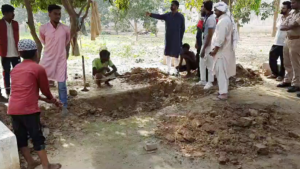
Mukhtar Ansari’s death comes amidst a backdrop of legal troubles, including convictions for the murder of BJP MLA Krishnanand Rai and the use of forged documents for obtaining an arms license. These legal battles have added complexity to the circumstances surrounding his demise and fueled speculation about potential motives behind his death.
The controversy surrounding Mukhtar Ansari’s death underscores broader concerns about transparency and accountability within the Indian judicial system. Calls for a thorough and impartial investigation into Ansari’s death reflect the need to uphold the rule of law and ensure justice for all parties involved.
As investigations into Mukhtar Ansari’s death unfold, it remains to be seen whether conclusive evidence will emerge to address the suspicions and allegations raised by his family members. Regardless of the outcome, Ansari’s death serves as a reminder of the complexities and challenges inherent in navigating the intersection of politics, law enforcement, and justice in contemporary India.

